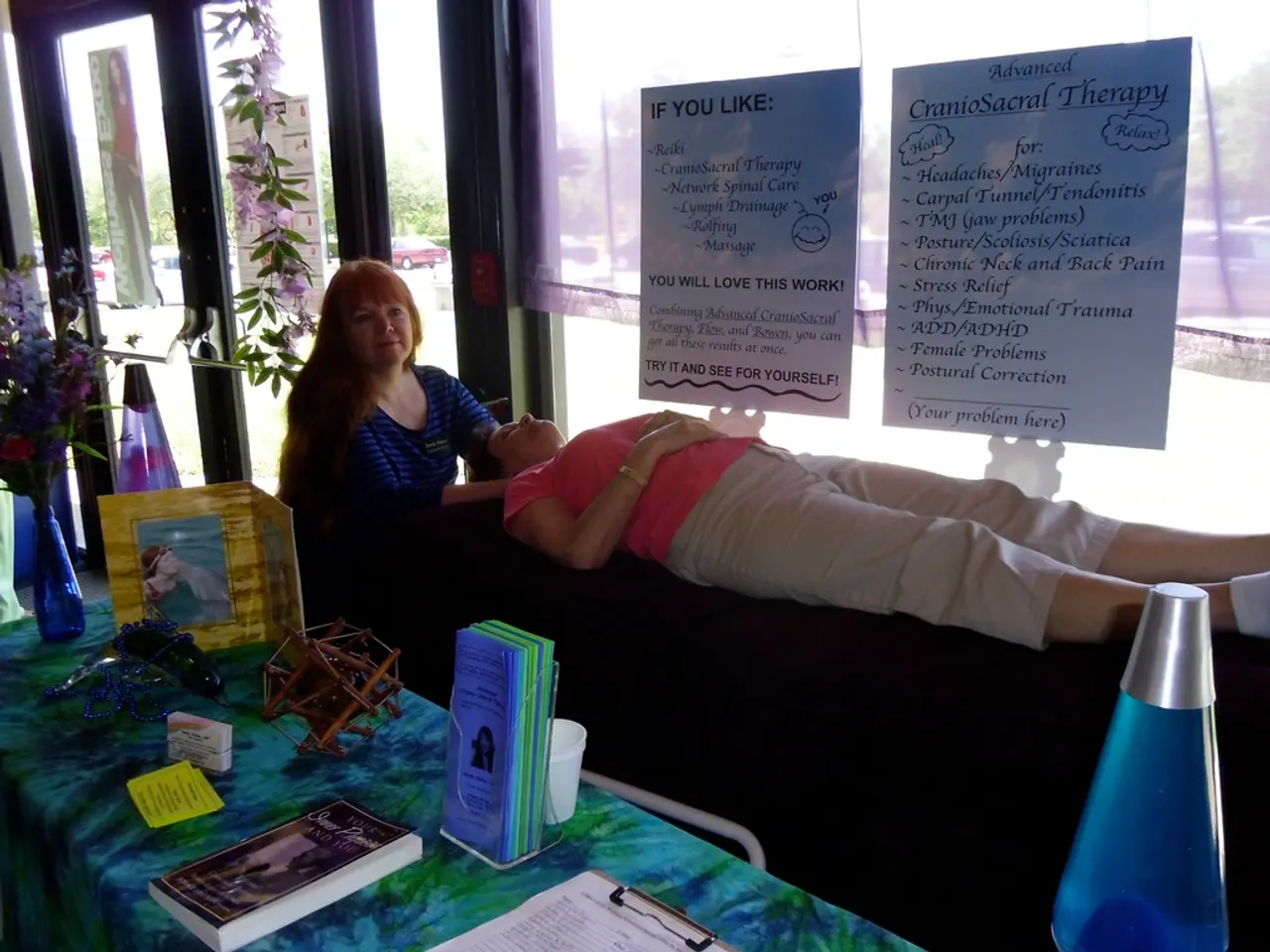Exploring Healing: The Role of Meditation in Addressing Childhood Trauma
Childhood trauma, often resulting from distressing experiences such as abuse, neglect, or living amidst violence, can leave lasting impacts. However, for individuals like Sarah, who has bravely navigated her way through trauma, mindfulness meditation has proven to be a breakthrough.
Meditation, a practice rooted in ancient spirituality, has evolved into a modern mental health marvel, offering significant benefits for trauma recovery. This technique, which promotes relaxation, reduces stress, and enhances emotional regulation, is particularly beneficial for trauma survivors due to its ability to reduce symptoms of hyperarousal, anxiety, and depression associated with trauma.
### The Benefits of Meditation for Trauma Recovery
One of the key advantages of meditation is its ability to reduce reactivity and stress. By decreasing the body's stress response, meditation helps promote relaxation, thereby reducing hyperarousal. Additionally, it enhances emotional regulation, aiding in better control over intrusive thoughts and memories.
Meditation can lead to improved mental health, with increased positive emotions, improved concentration, and enhanced overall mental well-being.
### Specific Meditation Techniques for Trauma Survivors
Several meditation techniques have proven effective for trauma survivors. Mindful breathing, body scan meditation, loving-kindness meditation (Metta), and the 4-7-8 breathing technique are some examples. These techniques help reduce anxiety and stress, release physical stress, cultivate kindness and compassion, and provide deep relaxation, respectively.
### Integration with Other Practices
Meditation can be complemented with other practices like yoga and tai chi, which offer meditative movements and deep relaxation benefits, further aiding in trauma recovery. These practices can help individuals regain control over their bodies and emotions, enhancing their ability to cope with stress and intrusive thoughts.
Transcendental Meditation (TM) has shown significant relief for veterans wrestling with PTSD beyond traditional therapy. Guided meditations can be beneficial for beginners seeking trauma relief, while more therapists are weaving meditation techniques into trauma care.
### A Promising Path Forward
While meditation isn't a cure-all, it holds immense promise for those exploring ways to mend childhood trauma. It aids trauma recovery by regulating the nervous system, improving emotional regulation, and easing hyperarousal, a frequent visitor for those with trauma backgrounds.
Meditation fosters neuroplasticity, allowing the brain to rewire itself, and can shed light on PTSD and depression symptoms, softening them considerably. It's important to approach meditation with patience and compassion, understanding that healing is a journey.
With tailored meditation workshops for trauma survivors offering structured guidance and community bonding, and practices like MBCT, ACT, and loving-kindness meditation boosting self-love and combating feelings of isolation, the future of trauma recovery looks promising.
- The practice of guided meditation, a modern adaptation of ancient spirituality, shows significant promise in aiding trauma recovery, particularly for survivors, due to its ability to reduce symptoms of hyperarousal, anxiety, and depression associated with trauma.
- Meditation, with its proven benefits for mental health, can lead to improved mental well-being, increased positive emotions, and improved concentration, thus creating a health-and-wellness lifestyle.
- The integration of meditation with other practices like yoga and tai chi can further help trauma survivors, as these practices provide meditative movements and deep relaxation benefits, helping individuals regain control over their bodies and emotions, thereby enhancing their ability to cope with stress and intrusive thoughts.




